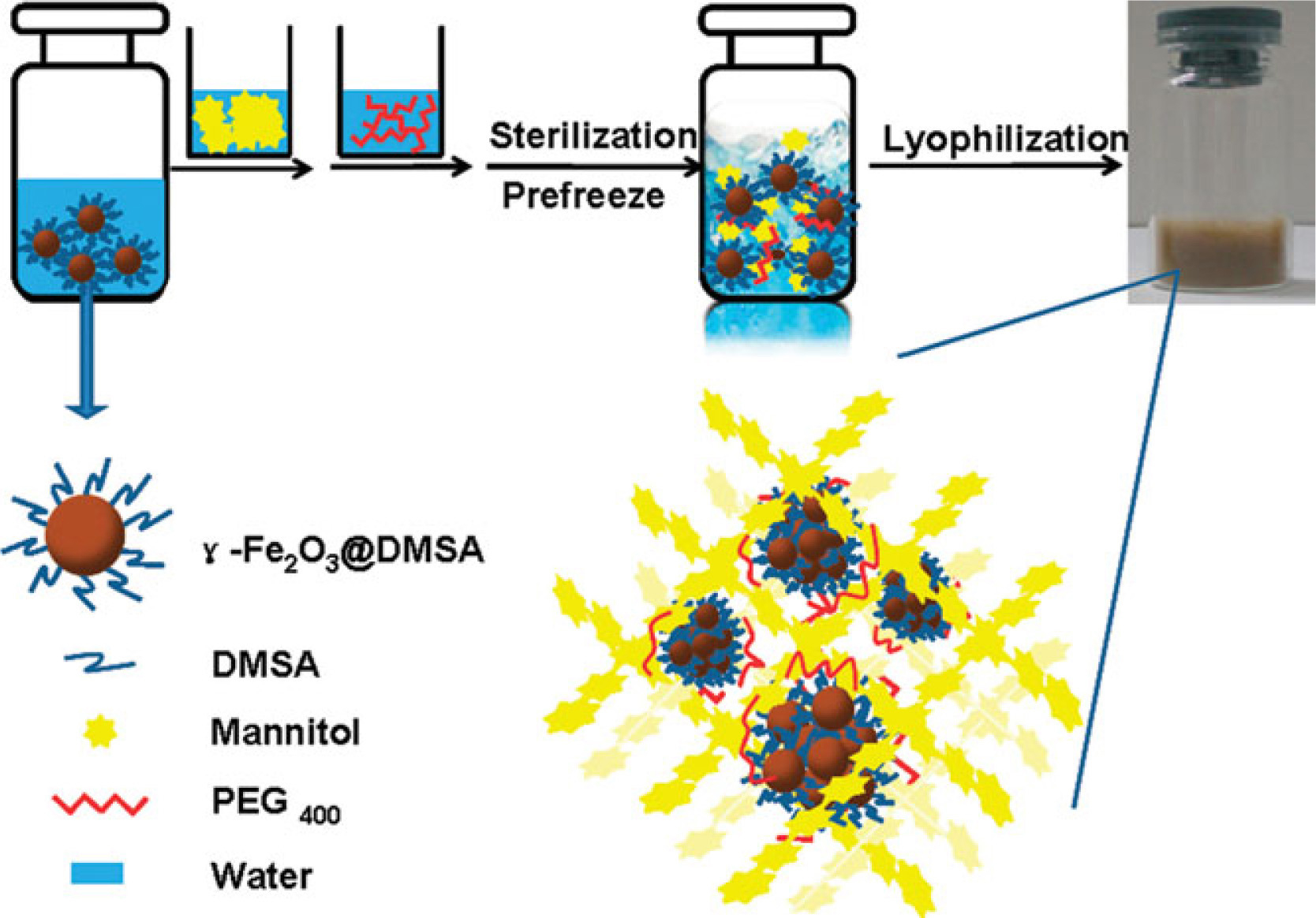DMSA (Dimercaptosuccinic Acid) is a chelating agent primarily used for the treatment of heavy metal poisoning, such as lead poisoning, as well as other conditions involving toxic metal accumulation. Here are the key points about DMSA:
1. Chemical Structure and Properties
- Full Name: 2,3-Dimercaptosuccinic acid
- Molecular Formula: C4H6O4S2
- Appearance: It is a white to off-white crystalline powder that is water-soluble.
2. Mechanism of Action
- DMSA works by binding to heavy metals (like lead, mercury, and arsenic) in the body, forming a complex that can be excreted through the urine.
- It contains thiol groups (–SH), which are capable of reacting with the metal ions, forming stable, water-soluble complexes that are easily excreted by the kidneys.

3. Uses
- Lead Poisoning: DMSA is FDA-approved for the oral treatment of lead poisoning in children and adults.
- Mercury and Arsenic Poisoning: It may also be used off-label for mercury and arsenic toxicity.
- Other Applications: It has some use in the treatment of other heavy metal toxicities, although less commonly.
4. Dosage and Administration
- DMSA is typically administered orally in capsule or liquid form.
- Lead Poisoning: For children, a typical dosage might range from 10 mg/kg to 20 mg/kg, given in divided doses.
- Duration: Treatment usually lasts for several days to weeks, depending on the severity of the poisoning.
5. Side Effects
- Common side effects can include gastrointestinal symptoms (nausea, diarrhea, stomach cramps), skin rashes, and mild elevation in liver enzymes.
- Rarely, severe allergic reactions can occur, including anaphylaxis.
- Long-term use can sometimes affect kidney function, so monitoring renal function is important during prolonged treatment.
6. Precautions
- Renal Function: DMSA should be used with caution in patients with pre-existing kidney disease.
- Pregnancy and Breastfeeding: It should be used with caution during pregnancy, as the safety of DMSA in pregnant women has not been well-established. It is classified as a pregnancy category C drug.
- Allergic Reactions: People with a known allergy to DMSA or other chelating agents should avoid its use.
7. Contraindications
- DMSA is contraindicated in individuals who are allergic to it or other chelating agents containing sulfur (like DMPS).
- Should not be used in patients with severe renal impairment without careful monitoring.

8. Monitoring
- Patients receiving DMSA for heavy metal poisoning should be monitored for possible side effects, including changes in renal and liver function, blood counts, and electrolyte imbalances.
- Follow-up testing may include blood lead levels to assess the effectiveness of treatment.
9. Alternatives
- EDTA (Ethylenediaminetetraacetic acid) and DMPS (Dimercaptopropane sulfonate) are other chelating agents used for treating heavy metal poisoning, depending on the type of metal involved and the patient’s condition.
DMSA is considered a relatively safe and effective treatment option for heavy metal poisoning when used appropriately, but, like all treatments, it requires careful medical supervision.
